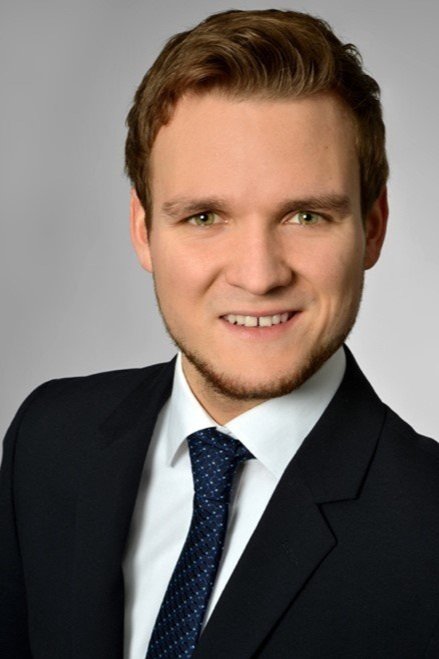Banebrytende masteroppgave: Korrupsjonsrisiko i Oljefondet
Arne Portmann og Gabor Sterbinszky ved NHH har skrevet en banebrytende masteravhandling om Oljefondets eksponering for korrupsjon i selskaper de er investert i, og om fondet historisk har tjent på å være investert i selskaper med høy korrupsjonsrisiko.
TI Norge har intervjuet de to studentene, og publiserer med deres tillatelse avhandlingen som kan leses her
- What was the topic of your master's thesis, and what are the main findings?
We investigated the Corruption Risk Exposure of the Norwegian Government Pension Fund Global (GPFG). For our thesis, we applied an empirical approach to examine corruption risk and its implications for the GPFG.
To estimate the corruption risk exposure of Norway’s Oil Fund, we compared its equities with 3 other sovereign wealth funds. Our results show that - when focusing only on the country bribery risk of the equities - the GPFG’s relative number of equities and share of total assets invested in firms from high-risk countries exceeds those of its peers.
Gathering publicly available information, we introduced a novel, data-driven measure for estimating the bribery risk of a particular firm. We find that the bribery risk of a firm and its country-level bribery risk is weakly correlated, with large error terms. This suggests that the country-level bribery risk is an insufficient estimator for a firm’s actual bribery risk.
-Why did you choose this topic?
Government Pension funds play a crucial role in asset allocation given their remarkable volume of assets under management. At the same time, ESG considerations play a particularly prominent role, as, unlike for regular hedge funds, beneficiaries of the pension fund are the people of the country, whose holistic set of interests need to be reflected by a fund’s investment strategy. Since corruption sustainably harms the economy, strengthens kleptocracies and undermines human rights, pension funds need to address anti-corruption strategies in the investment process.
In addition, we got a unique opportunity to cooperate with TRACE International, a globally recognised anti-bribery association. By familiarizing ourselves with the TRACE Matrix, we received a structured and comprehensive tool for estimating and comparing bribery risk within the portfolios of the chosen sovereign wealth funds.
- What are the best tips you can give other students who are going to write a master's thesis in general, and to those who are considering writing about corruption in particular?
Invest time upfront: read about the current state of research before tying up your topic too quickly. So, choose a subject you really want to learn something new about; it will make this step way easier for you. After finding a research topic, make a schedule over the next months and take it seriously.
Draw a target vision of what you would like to analyse and define milestones how you could get there. Stay flexible – you will need to adjust your approach several times. Try to talk to other informed people to expand your perspective and challenge your current methodology.
- Has the theme of the master's thesis motivated you to continue to work within the theme of corruption?
We are both really enjoyed working with corruption from a research perspective, however we will start on more general positions in the labour market. Taking anti-corruption related responsibilities in the organizations we work for is something both of us would like to do in the future.
- Are there topics in the field you wrote about that you could advise others to write about?
Corruption is a genuinely interesting, complex, and far-reaching topic, which is very challenging to measure. During our thesis, unfortunately we had to make certain limitations to fit the time constraints. Hence, we focused solely on bribery, and neglected other forms of corruption like money-laundering, embezzlement, or different kind of fraud. These topics are gaining attention in recent years, so expanding corruption research beyond bribery is something we can recommend.


